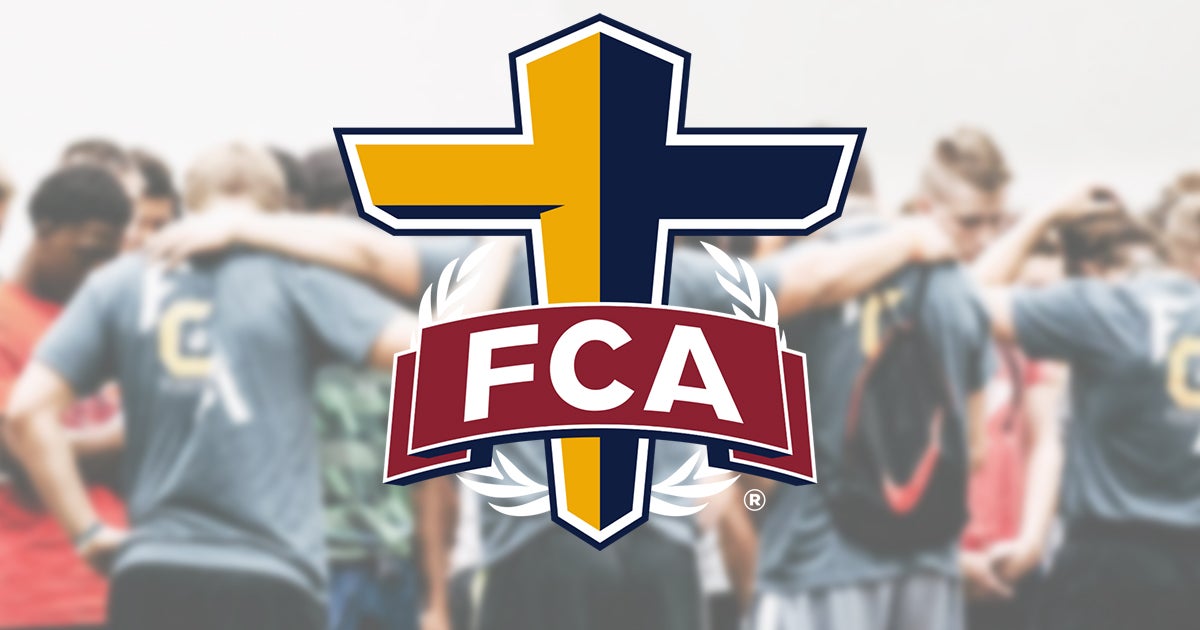
by Mia Gradick • 5 min read
The Ninth Circuit Court of Appeals recently handed down a ruling that will help protect religious liberty for faith-based, student-led groups on public school campuses.
The win was in favor of the Fellowship of Christian Athletes (FCA), a student-led club on many public high school and college campuses. These clubs help students share their faith, grow as athletes, serve their local community and encourage one another through testimony, prayer and Bible study. But at the San Jose Unified School District in California, teachers and administrators shunned, shamed and bullied the clubs because of their religious beliefs. The school district revoked the clubs’ official status, effectively forcing them out of existence on multiple campuses.
The Ninth Circuit ruled that the school district violated the students’ and FCA’s First Amendment rights. It reversed a federal district court and ordered that the Pioneer High School FCA club be officially recognized for the coming school year. The decision explains:
“Under the First Amendment, our government must be scrupulously neutral when it comes to religion: It cannot treat religious groups worse than comparable secular ones, But the School District did just that… The school district engaged in selective enforcement of its own nondiscrimination policy, penalizing FCA while looking the other way with other student groups.”
This decision follows two landmark religious liberty opinions at the U.S. Supreme Court this summer, Kennedy v. Bremerton School District and Carson v. Makin. Thanks to those rulings, Americans in our nations’ schools have more freedom than they’ve had in a half century. The recent win for FCA is more evidence of people of faith regaining their constitutional rights and freedom being restored across America.
Canceled Because of Their Religious Beliefs
For more than a decade, student-led FCA clubs met at San Jose’s Pioneer High School. In 2019, however, a teacher singled out FCA’s religious beliefs for ridicule and goaded students into protesting and harassing the club, all because they asked their leaders to agree with a statement of faith. The teacher even suggested that FCA’s beliefs and mere presence on campus should be treated as equivalent to sexual harassment.
Eventually, all FCA clubs in the San Jose Unified School District had their status revoked, which made it nearly impossible for them to keep meeting. The students also faced protests, hostility, social media threats and targeting by the school newspaper because of FCA’s statement of faith, even though FCA clubs are open to all and no LGBTQ student ever complained about being excluded.
In 2020, FCA— represented by our friends at the Center for Law and Religious Freedom and the Becket Fund—sued in federal court challenging the school district’s decision.
Their lawsuit argued that the school district violated the 1984 Equal Access Act, a federal law protecting student meetings and prohibiting schools from barring such meetings on the basis of religious, political, philosophical or other speech content. The suit also explained how the school district violated students’ First Amendment free speech and free exercise rights.
A federal district court ruled against FCA earlier this year, denying its request to restore it as an approved club. FCA’s attorneys appealed the decision to the Ninth Circuit.
First Liberty filed a friend-of-the-court brief supporting FCA. We argued that the school district did not apply the rules evenhandedly and singled out FCA because of its religious beliefs. Our attorneys explained:
“The Free Exercise and Free Speech Clauses of the First Amendment prohibit public school districts from being hostile to religious expression or from targeting religion for unequal treatment, and the Establishment Clause provides no excuse for such actions…These First Amendment protections extend to teenage students expressing their sincere religious beliefs through voluntary clubs.”
For decades, government officials, especially within school districts, often misunderstood their obligations under the First Amendment religion clauses. Recent federal court victories, however, clarify that government cannot show hostility toward religion. These include major Supreme Court rulings such as Espinoza v. Montana, Fulton v. City of Philadelphia, Carson v. Makin, Kennedy v. Bremerton School District and City of Boston v. Shurtleff. These have made it abundantly clear that the government cannot treat religious organizations and individuals more harshly than their secular counterparts because the Free Exercise Clause of the First Amendment prohibits such discrimination.
This school year, religious freedom can thrive and shine like never before. But even with these victories, the fight to restore and protect religious liberty in our nation’s schools is far from over.
First Liberty needs your support to secure more wins for religious freedom in America’s schools. Thanks to you, we continue to be the greatest hope for students, teachers, coaches and religious schools who face attacks on their constitutional rights. Please give today.